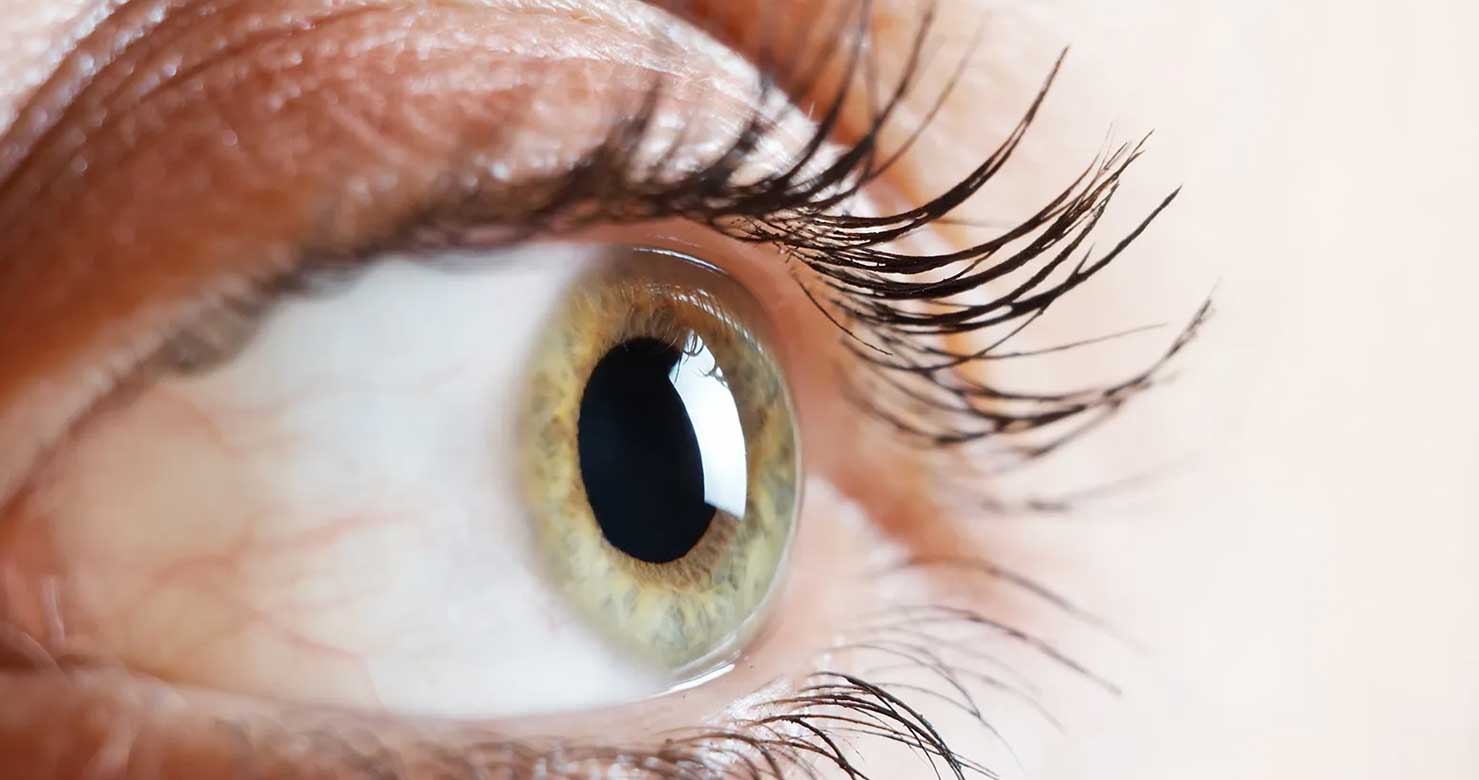
After EMDR Therapy
Emotional Relief:
EMDR can help to alleviate strong emotional reactions associated with traumatic experiences. Individuals may experience less feelings of insensitivity to their past trauma.
Reduction of Traumatic Memories:
EMDR can reduce the intensity of disturbing memories caused by traumatic events. Individuals may experience their traumatic memories as less intense and disturbing.
Self-Esteem Improvement:
EMDR can increase the low self-esteem associated with the effects of trauma. Individuals may feel more confident and have a more positive sense of self.
Improvement in Functioning:
EMDR therapy can reduce the consequences of traumatic experiences that negatively impact daily functioning. This can mean improvements in work, relationships and other areas of life.
Better Stress Management:
EMDR can provide individuals with skills to better cope with post-traumatic stress. This can lead to being better prepared for future traumatic experiences.
Better Relationships:
Post-traumatic stress disorder (PTSD) often negatively affects relationships. EMDR can improve these relationships, helping individuals to strengthen social bonds.
Post-Traumatic Growth:
After EMDR, some individuals discover inner strengths and resilience that help them overcome their traumatic experiences. This can mean personal growth and development.
EMDR therapy may have different outcomes for each individual, and the effects of the therapy may vary from person to person. However, in general, EMDR is recognized as an effective therapy to treat post-traumatic stress and other emotional disorders and to help individuals live healthier lives. Before starting therapy, it is important to consult a specialist and assess the individual’s specific situation.


